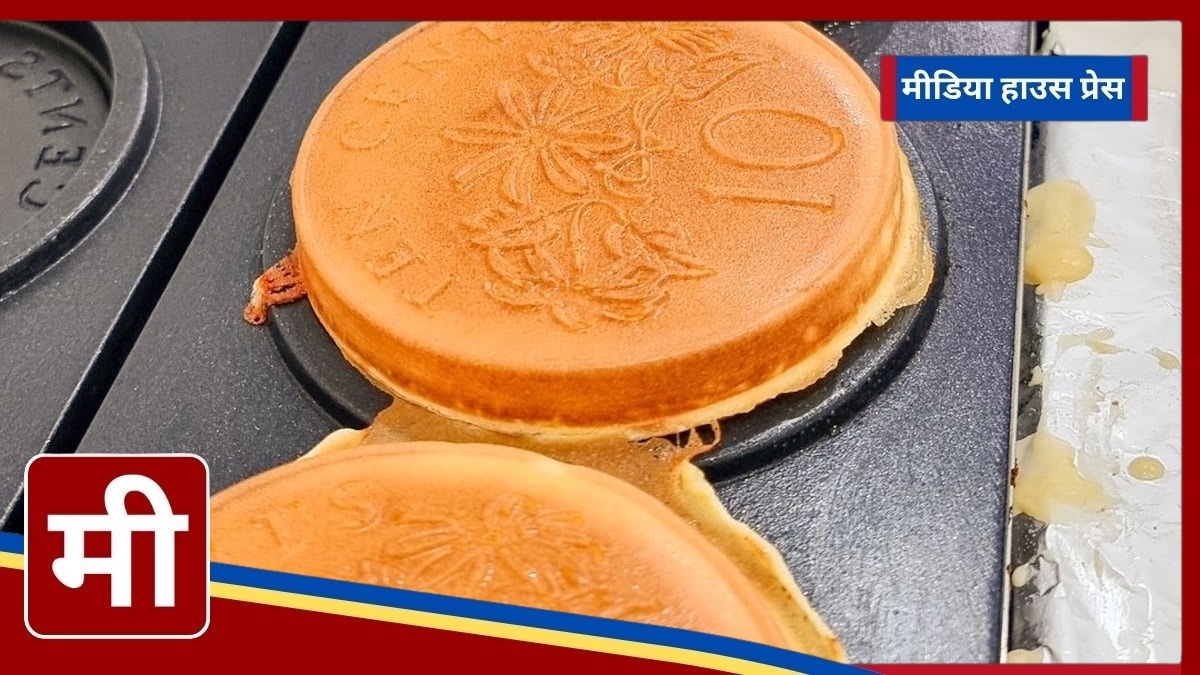Cultural and Religious Beliefs Behind Murmura and Batasha
Murmura and batasha are considered favorites of Goddess Lakshmi. It is believed that offering these treats pleases her, inviting wealth and prosperity into the home during Diwali. As families gather to celebrate, they adorn their homes with lights and prepare various sweets, with kheel (puffed rice) and batasha being integral to the festivities. The act of sharing these delicacies among family members enhances love and unity.
Similarly, Lord Ganesha is fond of these offerings, and it is said that presenting murmura and batasha ensures success in all endeavors. The white color of these items symbolizes purity and holiness, resonating with the festival’s spirit of cleanliness and renewal. In Hinduism, offering sweet foods to deities is a sacred practice, reflecting gratitude and devotion.
The Significance of Murmura and Batasha in Diwali Puja
Murmura, with its lightness and airy texture, symbolizes prosperity and growth. Its expansion represents the gradual arrival of happiness and abundance, much like the gentle puffing of the rice itself. Batasha, on the other hand, embodies sweetness and auspiciousness. Made from sugar, it signifies peace and sweetness in life. Offering batasha is believed to bring harmony and love into one’s household, blessed by Goddess Lakshmi and Lord Ganesha.
Other Offerings During Diwali Puja
In addition to murmura and batasha, various sweets such as laddus, pedas, and barfis are also offered to Lakshmi and Ganesha during Diwali puja. The aim is to please the deities and invite sweetness into daily life. Fruits like apples, grapes, and bananas, which are considered favorites of Goddess Lakshmi, are also included in the offerings. Furthermore, the coconut, a symbol of auspiciousness, is presented to both deities during the festival.
The ritual of offering murmura and batasha is a testament to the deep-rooted traditions that celebrate abundance, love, and unity. As families come together during this festive season, these sweet treats not only serve as offerings but also foster a sense of togetherness, enriching the Diwali experience.


